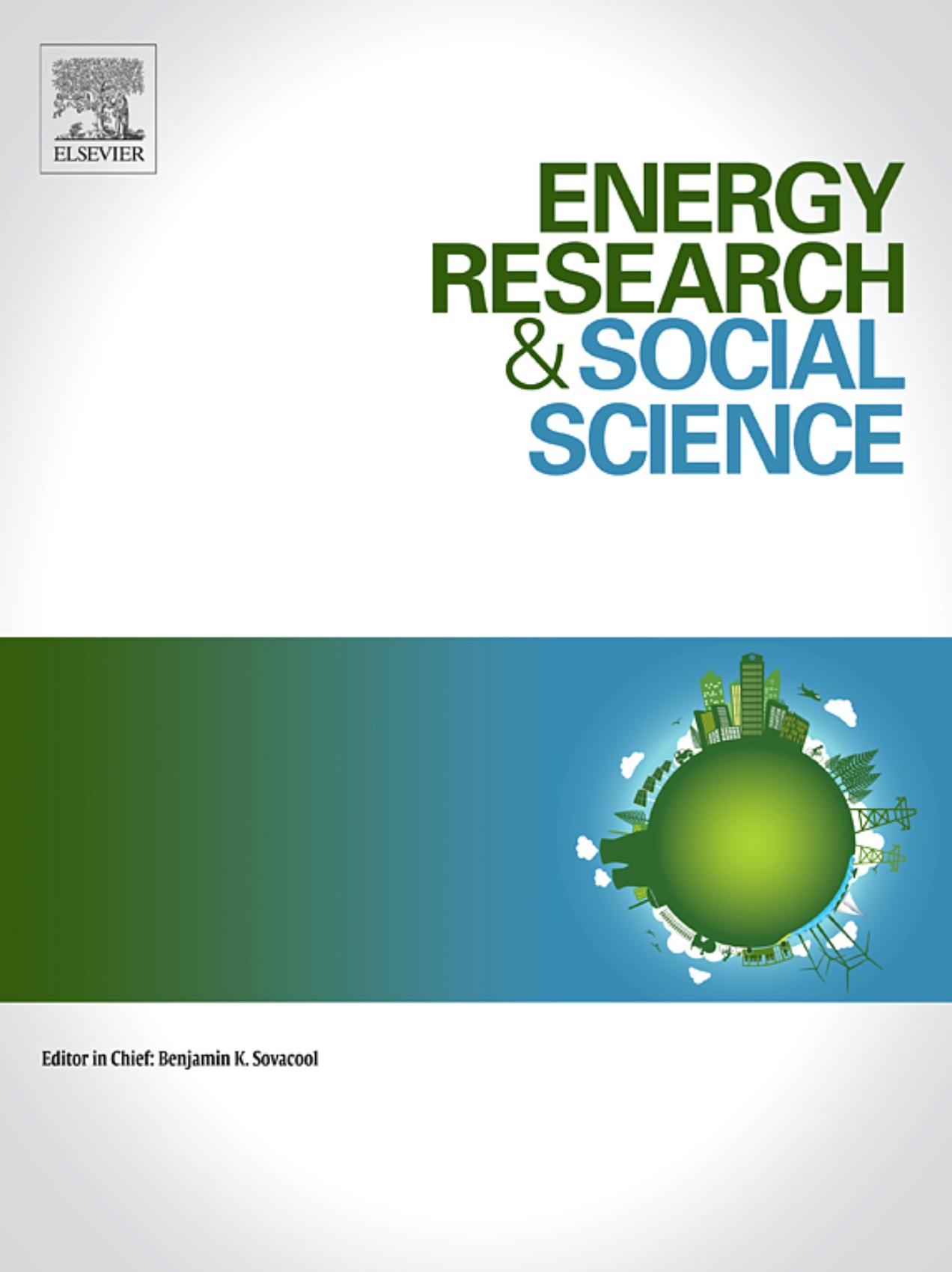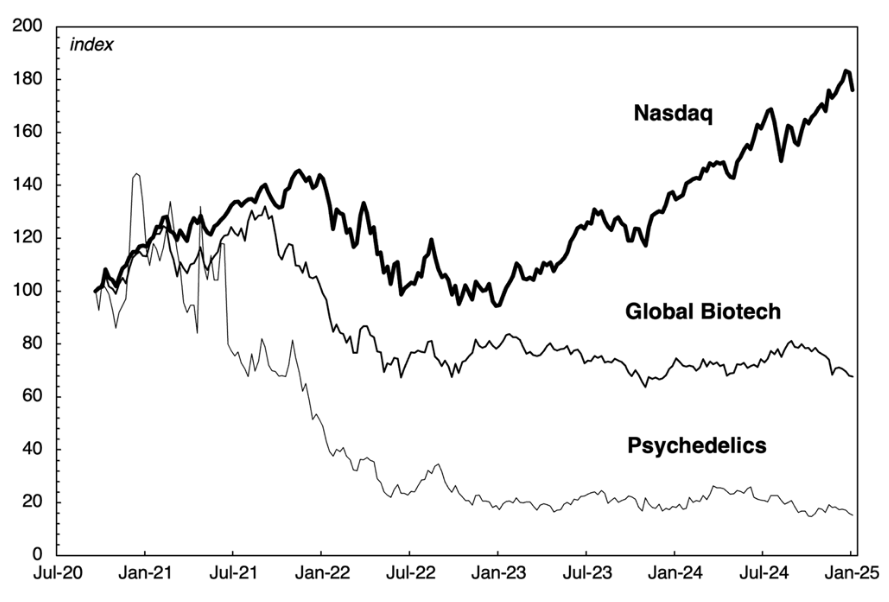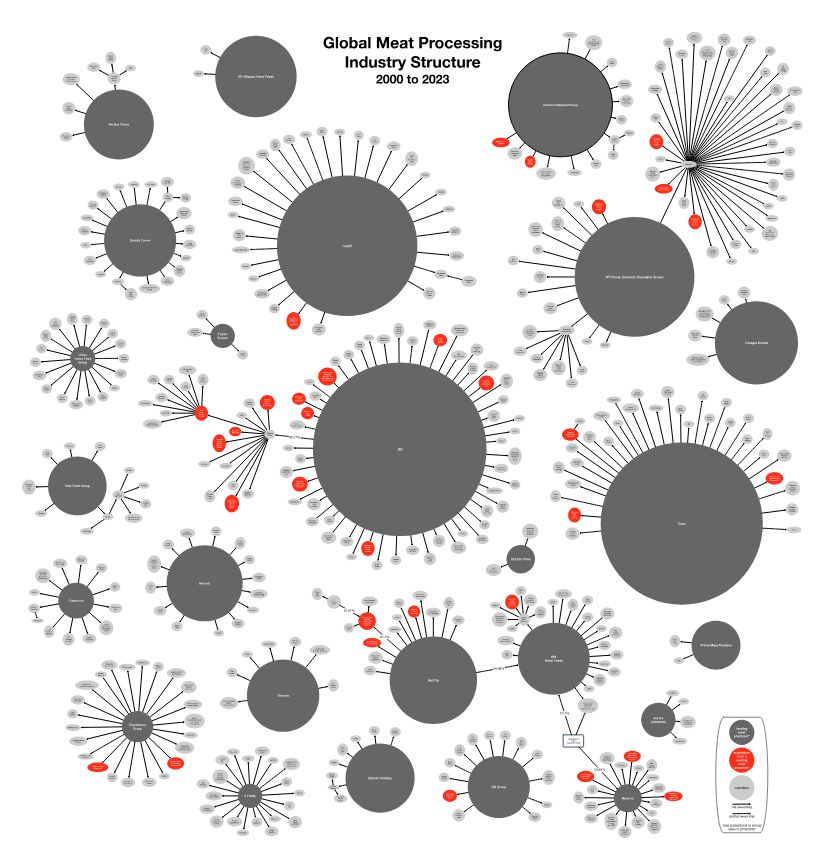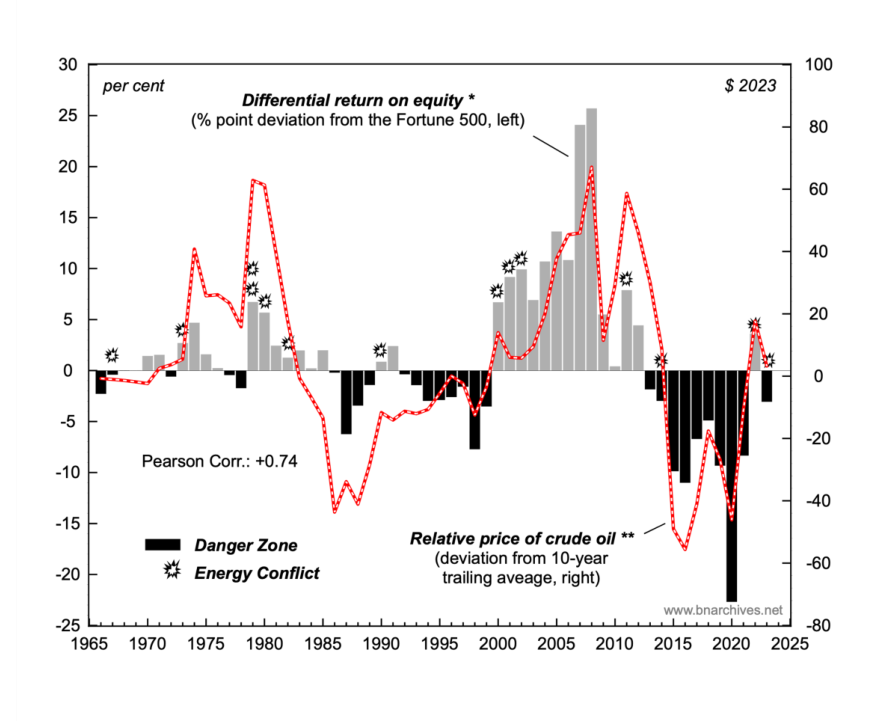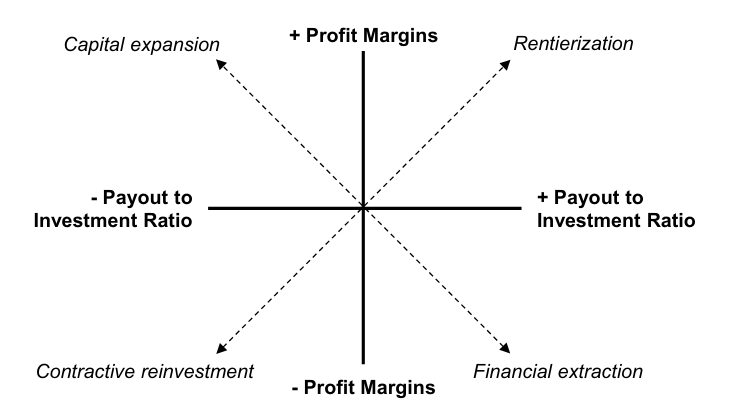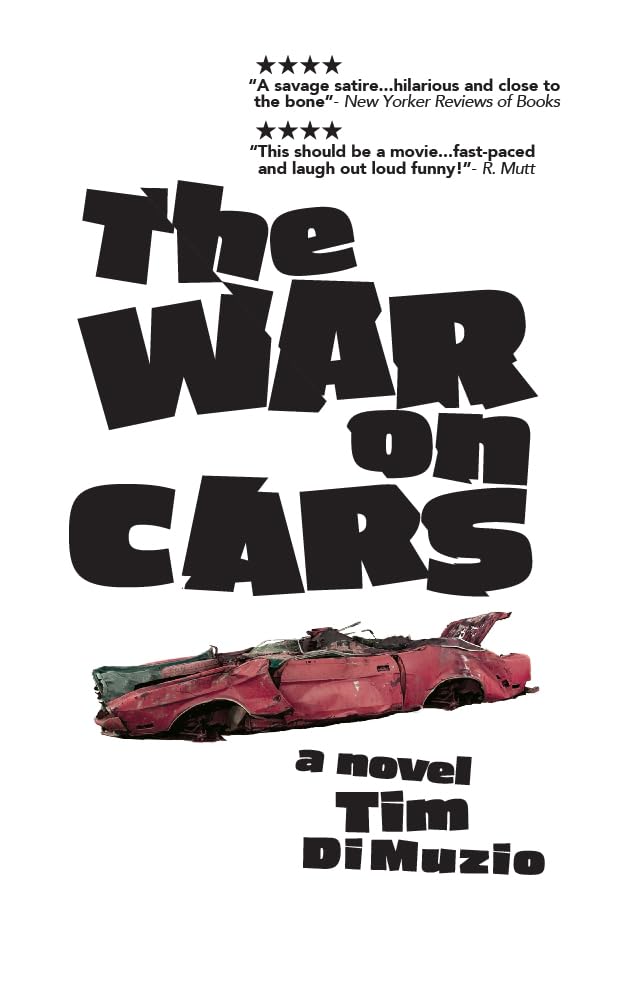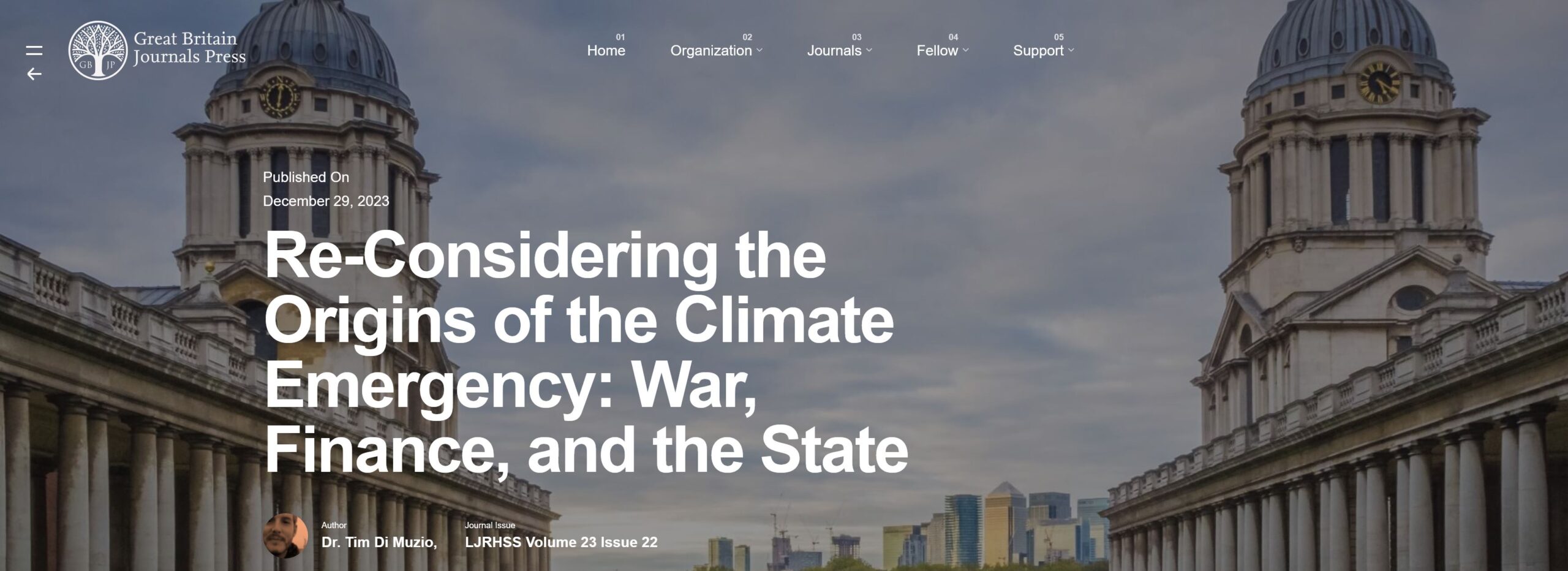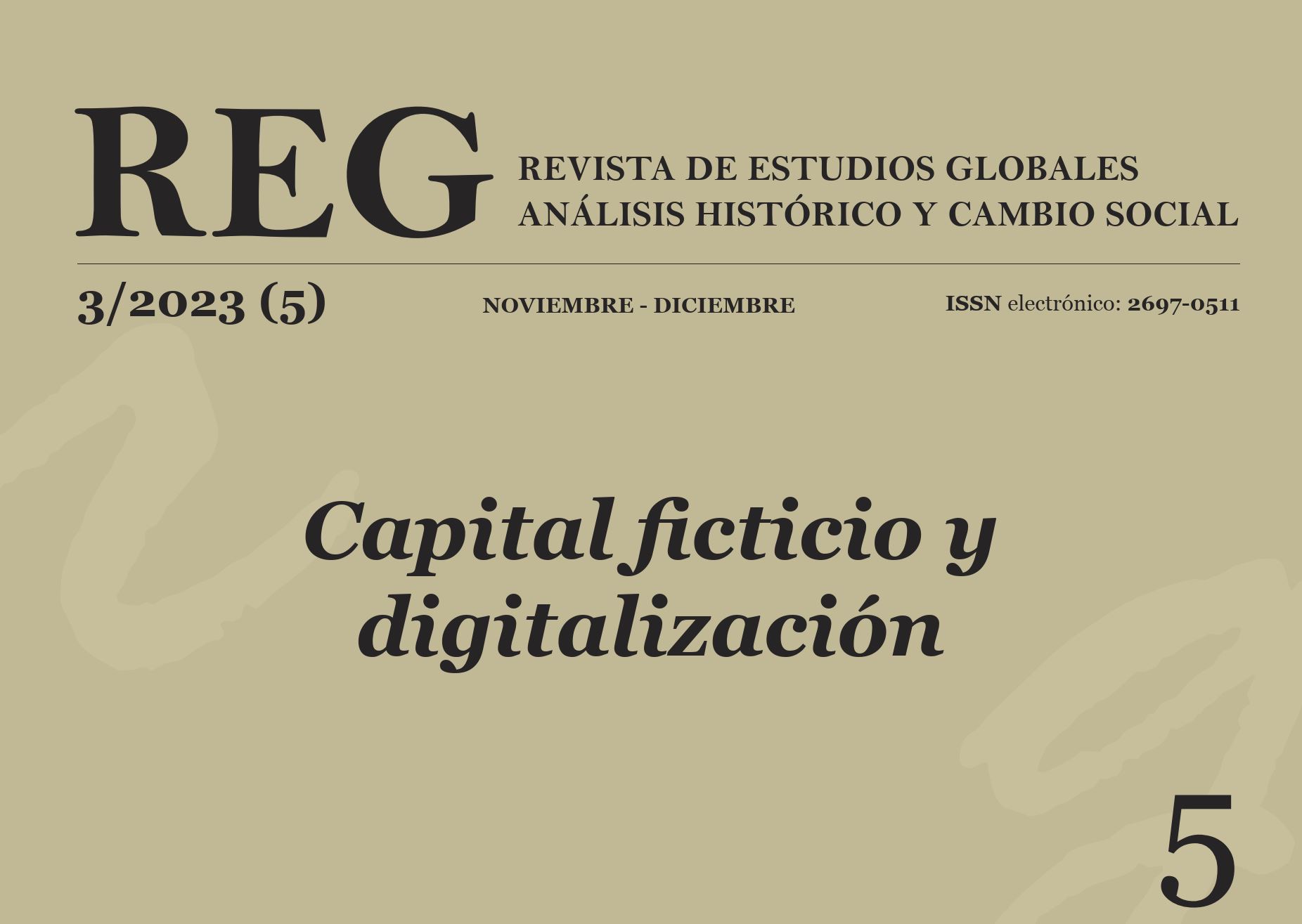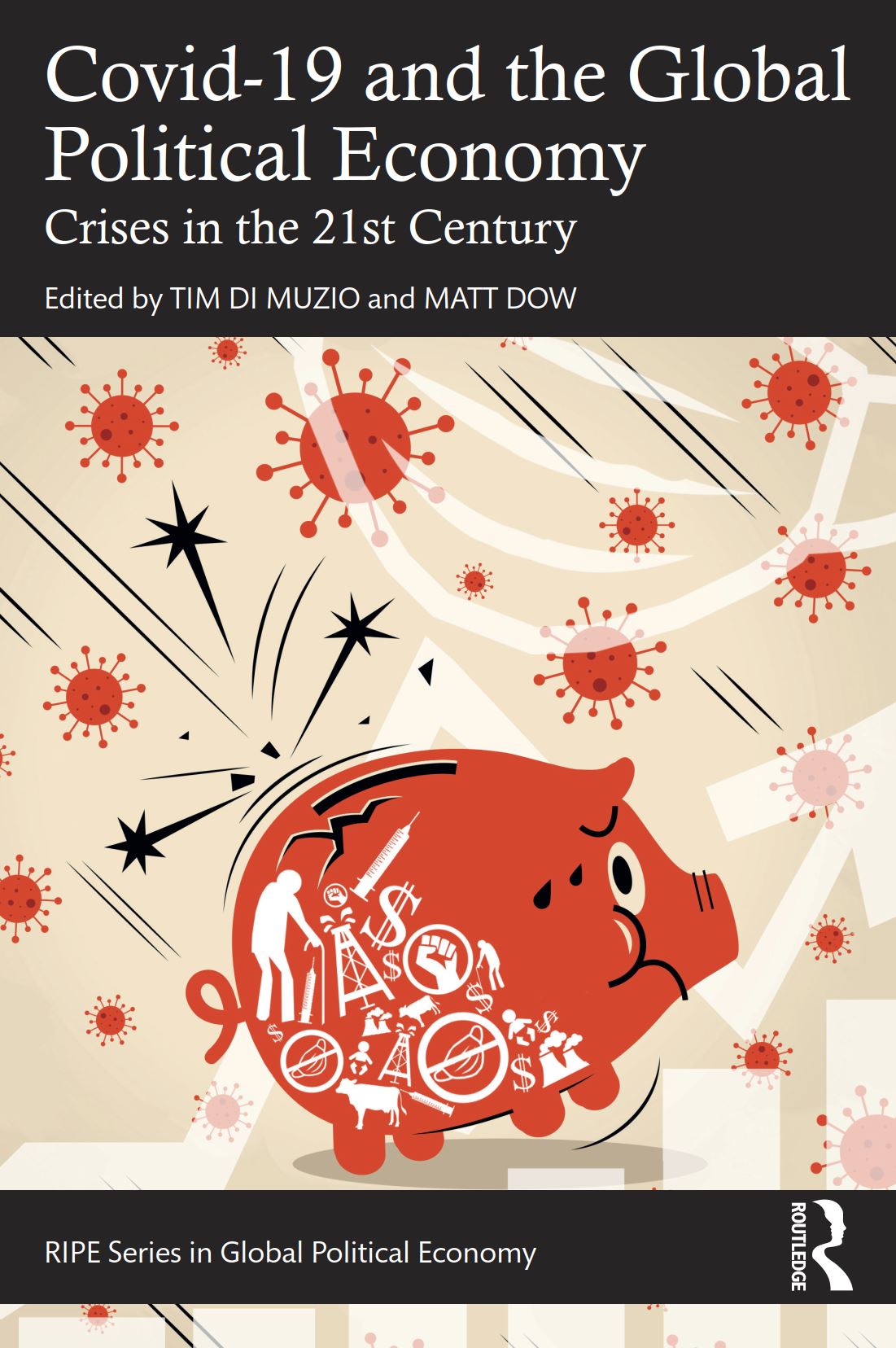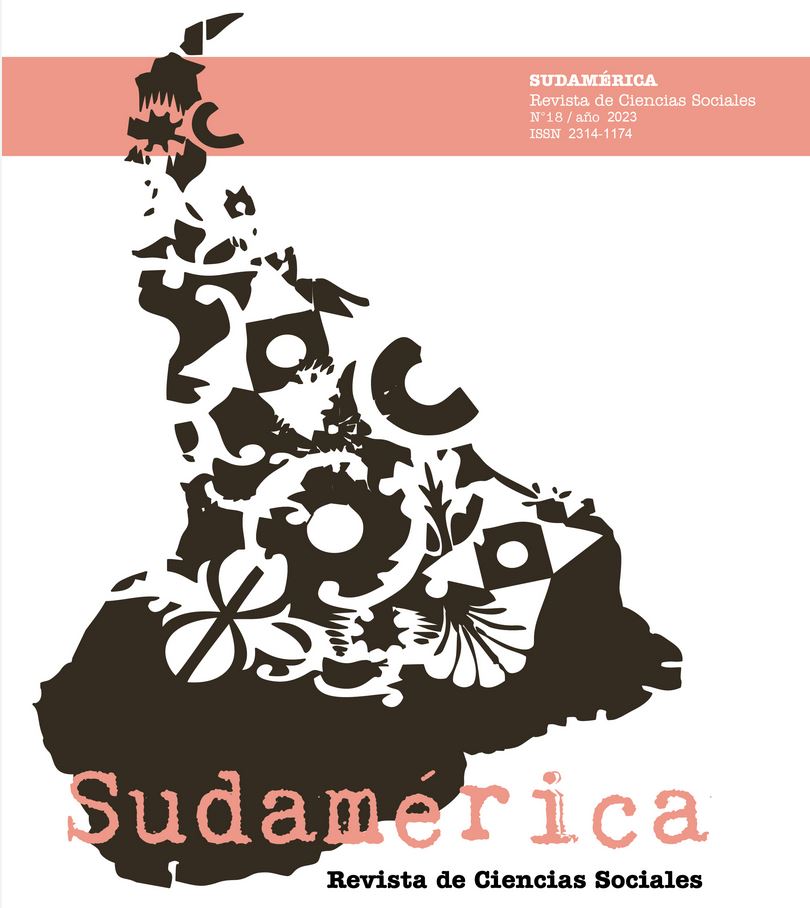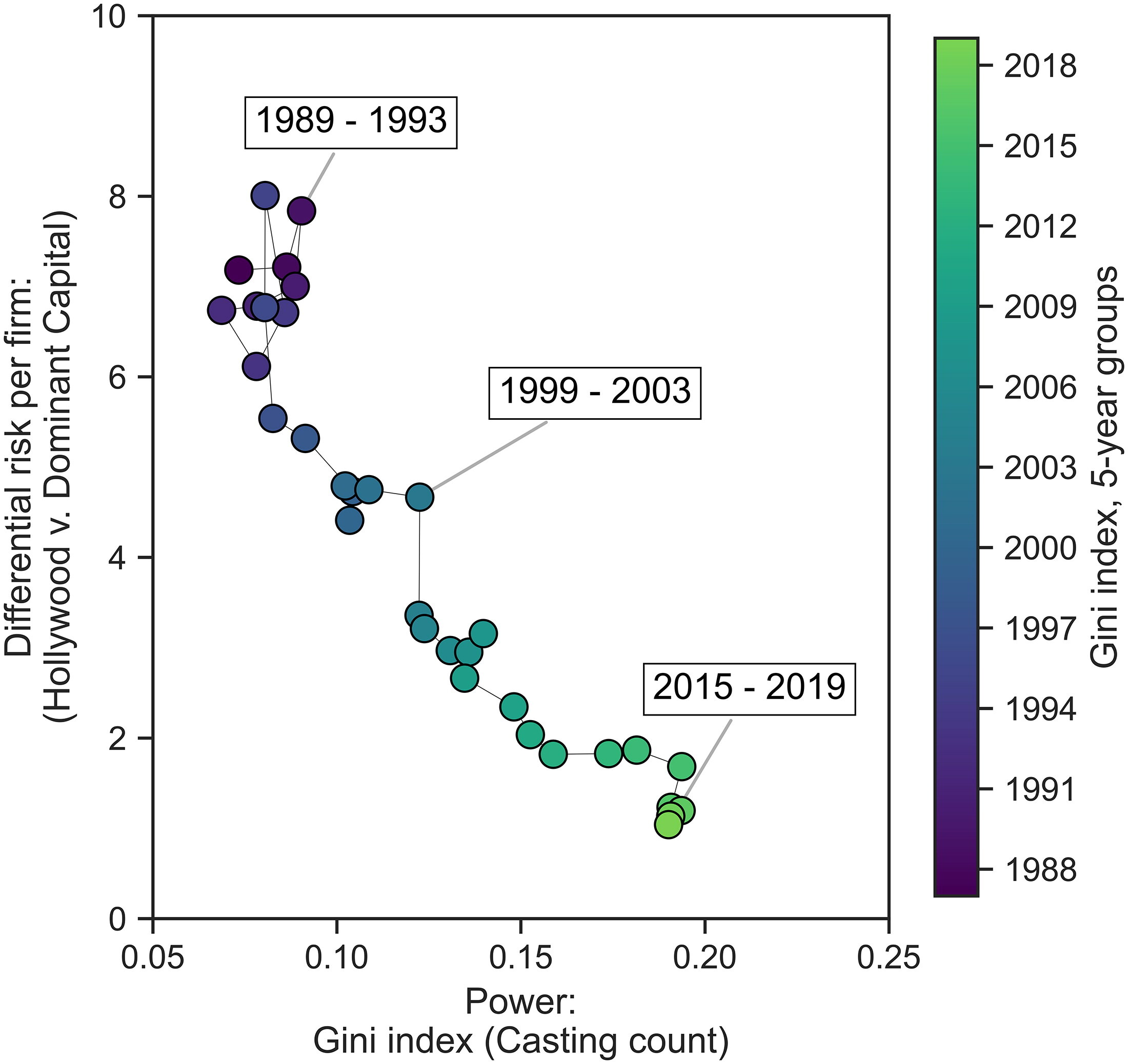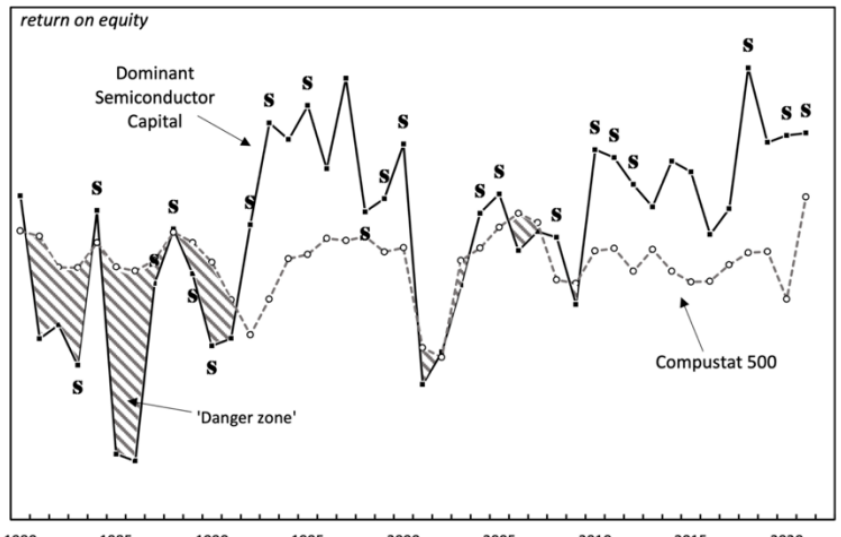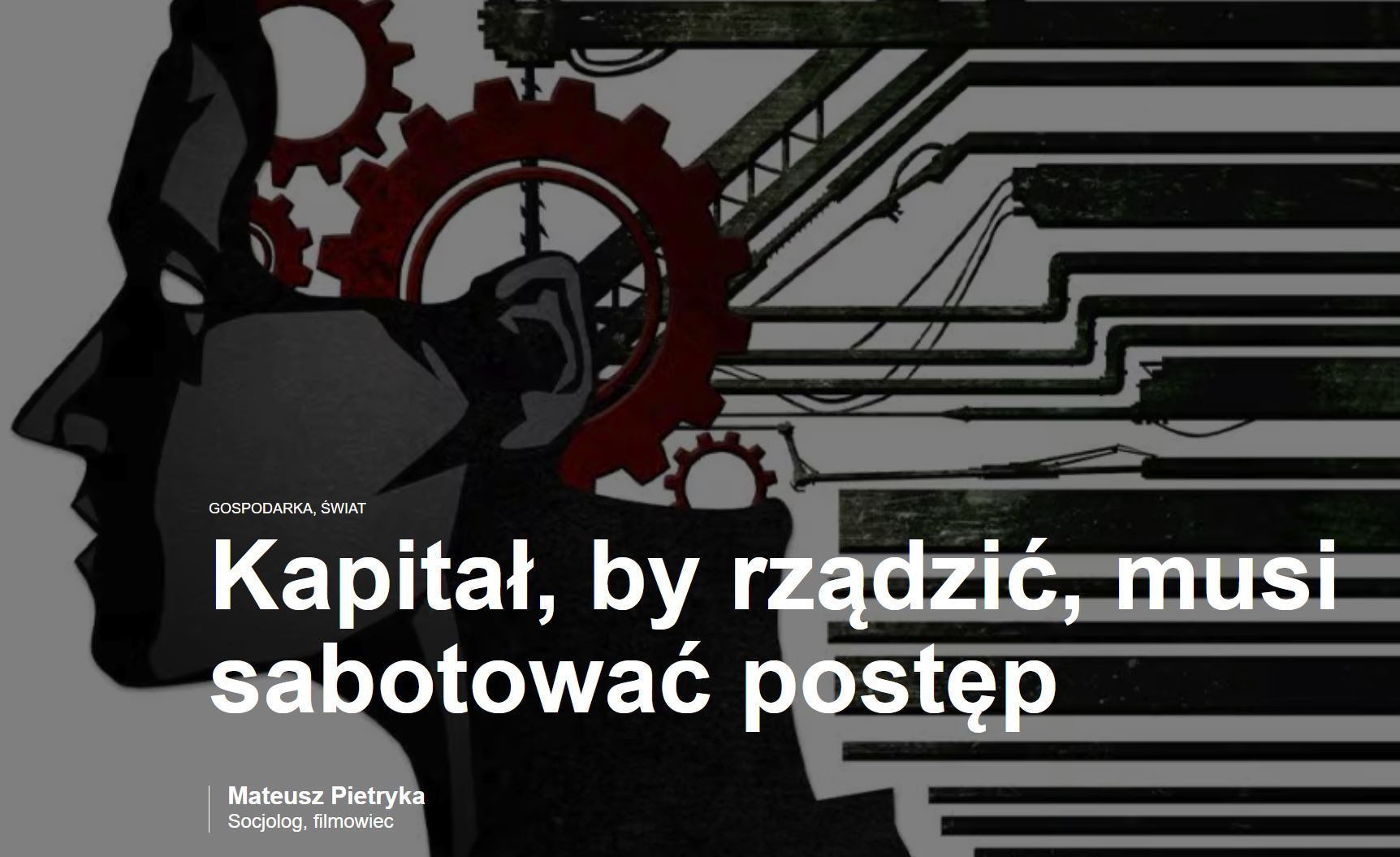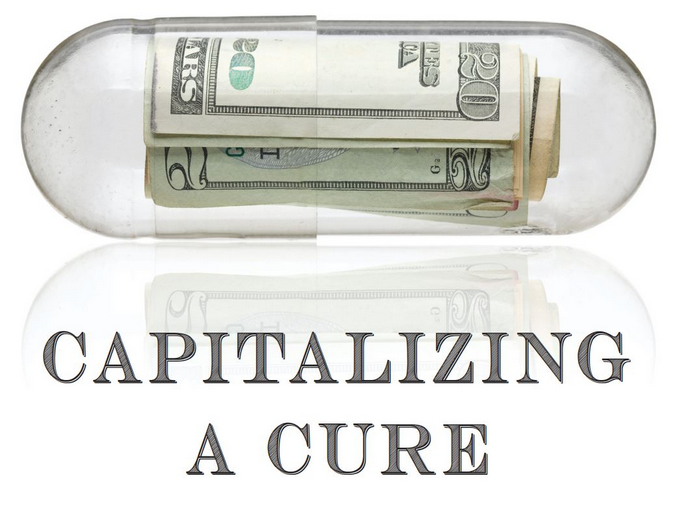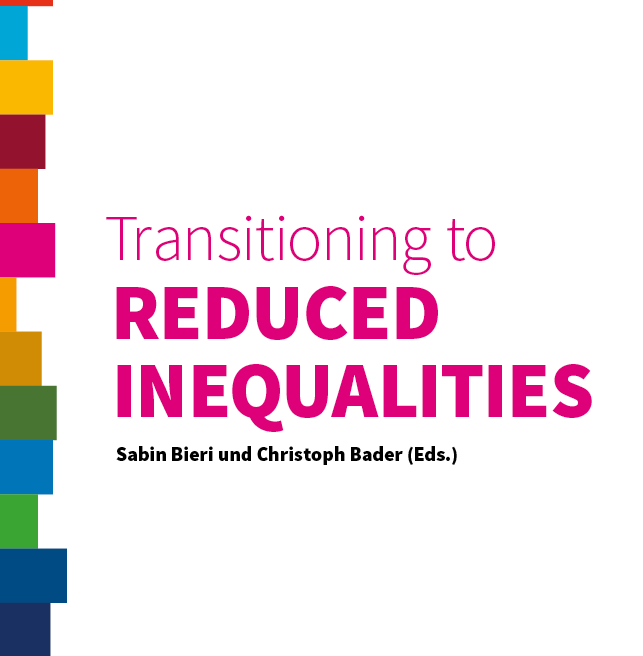Abstract This paper presents a theoretical approach to the study of power in energy transitions that builds upon Capital as Power (CasP) theory and the critique of neoclassical growth theory. The approach integrates an understanding of capitalist power relations and a consideration of changes in societal energy capture. The approach includes two levels of social […]
Continue ReadingHager, ‘The Shifting Fortunes of Corporate Psychedelia’
Abstract This article traces the shifting fortunes of for-profit psychedelic medicine through two phases: a boom from 2016 to late 2021, followed by a bust that continued through late 2024. It argues that the forces driving this cycle are best understood through the concept of capitalization, which links present valuations to investor expectations about future […]
Continue ReadingKim, ‘Monetary Expansionism, Global Commodity Prices, and Global Inequality’
Abstract An early analysis of the imperialist implications of the surge of global commodity prices was conducted in 2014 by Jonathan Nitzan and Shimshon Bichler. However, their analysis did not consider how the US monetary and fiscal expansionist policies have contributed to the rise of global commodity prices. This article fills this gap. Arguably, under […]
Continue ReadingSievert, Howard, San Martim Portes & Yamaoka, ‘‘National champions’ in global meat supply chains’
Abstract National champion policies in BRICS countries pose challenges for governance in global meat processing markets as they increase concentration, reduce competition and enhance corporate power in food systems. We investigate the degree to which these shifts benefit sponsoring governments and citizens relative to intervention levels. By analysing mergers and acquisitions involving these firms, we […]
Continue ReadingHudson, Nitzan, Di Muzio & Fix, ‘El capital como poder en el siglo XXI: Una conversación’
Abstract El 3 de diciembre de 2024, Michael Hudson se reunió con los investigadores del capital como poder Jonathan Nitzan, Tim Di Muzio y Blair Fix para discutir las intersecciones entre sus dos líneas de investigación. Lo que sigue es una transcripción de la conversación. Vídeo de YouTube (inglés): https://www.youtube.com/watch?v=tBOU4xBg2pA Citation El capital como poder […]
Continue ReadingBichler & Nitzan, ‘The Road to Gaza, Part II: The Capitalization of Everything’
Abstract Our recent article on ‘The Road to Gaza’ examined the history of the three supreme-God churches and the growing role of their militias in armed conflicts and wars around the world. The present paper situates these militia wars in the broader vista of the capitalist mode of power. Focusing specifically on the Middle East, […]
Continue ReadingBaines & Hager, ‘Rentiership and Intellectual Monopoly in Contemporary Capitalism’
Abstract The concepts of rentiership and intellectual monopoly have gained increased prominence in discussions about the transformation of global capitalism in recent years. However, there have been few if any attempts to construct measures for rentiership and intellectual monopoly using firm-level financial data. The absence of such work, we argue, is symptomatic of conceptual challenges […]
Continue ReadingDi Muzio, ‘The War on Cars’
Abstract In the face of the impending climate emergency, an anonymous manifesto surfaces online by the mysterious El Grillo declaring a war on cars. As the manifesto spreads around the world, activists from all over the globe begin to destroy private automobiles. As the cornerstone of modern civilization comes under increasing threats, government, and industry […]
Continue ReadingBichler & Nitzan, ‘הדרך לעזה: על משטרי הכוח וכנסיות האל העליון היחיד (The Road to Gaza: On Modes of Power and Supreme-God Churches)’
Abstract מלחמת הקודש המתנהלת בין המיליציות הרבניות לבין המיליציות האיסלמיות הינה מסוג חדש. אבל הדרך למלחמה בעזה נסללה עוד לפני כששת אלפים שנה, בעת שקמו לראשונה משטרי המלוכה-כהונה במסופוטמיה. אוליגרכיות אלה היו הראשונות שיצקו תשלובת חזקה של מלך עריץ בארמון וכוהני אל-עליון במקדש. ילידי המזרח התיכון היו הראשונים בהיסטוריה האנושית שזכו בכבוד להתקיים כנתינים כנועים […]
Continue ReadingDi Muzio & Dow, ‘Re-Considering the Origins of the Climate Emergency: War, Finance, and the State’
Abstract One of the most important and recurring debates in the field of International Political Economy and international affairs are the links between capitalism, fossil fuel energy and climate change. In these debates, the origins of our current climate emergency are rooted in how Britain became the first country to become reliant on mass production […]
Continue ReadingBichler & Nitzan, ‘The Mismatch Thesis. Fiction and Reality in the Accumulation of Capital’
Abstract Political economists, both mainstream and Marxist, find it difficult to reconcile the «real» and «financial» appearances of capital. The conventional view is that «real» capital is an objective productive entity; that «finance» merely reflects this reality; and that, unfortunately, the reflection is often inaccurate, causing the two to «mismatch». This convention, we argue, is […]
Continue ReadingAnderson, ‘From Operation Warp Speed to TRIPS. Vaccines as Assets’
Abstract This chapter examines the political economy of biopharmaceutical innovation, focusing primarily on vaccines in the Covid-19 pandemic. This analysis aims to make visible the deep entanglements that entrench an extractive and dysfunctional innovation ecosystem, calcifying inequities in global access to essential medicines. The chapter argues that the current inequities in vaccine access are not […]
Continue ReadingDi Liberto, ‘Differential Harm: Patterns of Uneven Destruction’
Abstract This essay opposes the idea that contemporary critical events like pandemics, global warming, environmental deterioration, et cetera, are to be considered as affecting humanity in a uniform way. Instead of seeing these phenomena like abstract universal threats, I propose to look at them through the lens of my concept of differential harm. By drawing […]
Continue ReadingSuaste Cherizola, ‘Estudiar el precio, olvidar el valor. Una alternativa al pensamiento económico tradicional’
Abstract Este artículo intenta sentar las bases para una comprensión de los precios radicalmente diferente a como los entiende el pensamiento económico tradicional. Tras revisar algunos aspectos relevantes de la crítica a la teoría del dinero como mercancía, se muestra que el pensamiento tradicional es incapaz de captar las propiedades irreductibles de los precios y […]
Continue ReadingMcMahon, ‘Star Power and Risk: A Political Economic Study of Casting Trends in Hollywood’
Abstract This paper builds an empirical and theoretical model to analyze how the financial goal of risk reduction changed the insides of Hollywood’s star system. For the moviegoer looking at Hollywood cinema from the outside, the function of the star system has remained the same since the 1920s: to have recognizable actors attract large audiences […]
Continue ReadingMouré, ‘Technological Change and Strategic Sabotage: A Capital as Power Analysis of the US Semiconductor Business’
Abstract Rapid technological change is often touted as a fundamental reality of capitalist societies. It is also presented as concrete evidence for the supposed progressive improvement of material well-being that characterises the capitalist system of social order. Since its emergence in the mid-20th century, semiconductor technology in many ways exemplifies this view. Yet the rapid […]
Continue ReadingPietryka, ‘Kapitał, by rządzić, musi sabotować postęp’
Abstract Od głodu i biedy po zwykłe marnotrawstwo i nawracające fale przeróżnych kryzysów – to nie niepożądane skutki uboczne kapitalizmu, ale przejawy sabotażu. Bo nic nie utrwala władzy kapitału skuteczniej niż istnienie szerokiej rzeszy ludzi, którzy ani na chwilę nie mogą przestać pracować, by przeżyć. Capital, in order to rule, must sabotage progress From hunger […]
Continue ReadingRoy, ‘Capitalizing a Cure: How Finance Controls the Price and Value of Medicines’
Abstract Capitalizing a Cure takes readers into the struggle over a medical breakthrough to investigate the power of finance over business, biomedicine, and public health. When curative treatments for hepatitis C launched in 2013, sticker shock over their prices intensified the global debate over access to new medicines. Weaving historical research with insights from political […]
Continue ReadingDi Muzio, ‘Capitalism, Money and Inequality in the World’
Abstract There is little doubt that, in the last hundred years or so, progress has been made in lifting more people out of extreme poverty. Yet, considerable economic inequalities both within and between nations persists and, as recent work has shown, if the rate of return on capital surpasses the rate of growth, inherited wealth […]
Continue ReadingBichler & Nitzan, ‘ההון ושברו (Capital and its Crisis)’
Abstract הקפיטליזם שולט בעולם. דיונים סוערים מתנהלים בין המלומדים הממסדיים לבין “הביקורתיים” על טיבו של הקפיטליזם הגלובלי. הבעיה היא שטיבו של המוסד המרכזי בקפיטליזם — ההון — אינו ידוע. לאחר יותר ממאתיים שנה של התפתחות קפיטליסטית נמרצת לא קיימת תיאוריית הון הגיונית אמפירית — לא במדע הכלכלה, לא בכלכלה הפוליטית המרקסיסטית ולא במדעי החברה בכלל, […]
Continue Reading
